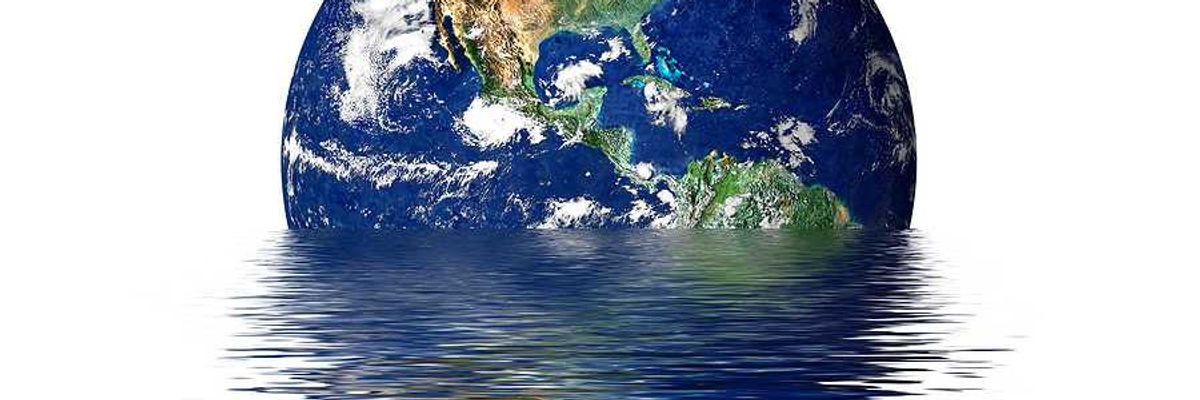sceince
Nitrogen pollution threatens US drinking water
A new study warns that nitrogen pollution is increasingly jeopardizing the quality and availability of drinking water in the United States.
In short:
- Scientists predict that nitrogen pollution could contaminate a third of the world's drinking water by 2025, affecting up to 3 billion people.
- The U.S., South China, Central Europe, and Africa are identified as potential hotspots for water scarcity due to nitrogen pollution.
- The study emphasizes the need for urgent action in water resource management, considering both water quantity and quality.
Key quote:
"We are surprised that water pollution by nitrogen aggravates water scarcity in more than one-fifth of the sub-basins worldwide."
— Mengru Wang, assistant professor at Wageningen University & Research.
Why this matters:
This issue highlights a critical environmental challenge, where water scarcity and pollution intersect, potentially impacting billions. It underscores the importance of addressing water quality in policy decisions, especially in the context of climate change and urbanization.
In one Montana ag basin, drinking wells test at twice the federal health standard for nitrate pollution. That's a problem on many levels.
How atomic doomsday experiments shaped disturbance ecology
How atomic doomsday experiments, fuelled by Cold War fears, shaped then shook ecologists’ faith in self-healing nature.
This ancient Roman building technique could help cut carbon emissions
White House science office to hold first event on countering climate change denial and delay
The White House Office of Science and Technology Policy will hold a first-of-its-kind roundtable with some of the nation’s leading scientists on Thursday to discuss the urgent need to combat the climate crisis and to counter arguments for delaying climate action.
Biden axes top Trump climate scientist
How scientists can attribute parts of 2020’s hurricanes and wildfires to climate change
Back in 2017, record-breaking hurricanes like Maria and wildfires like Tubbs hammered the United States. But the specific role of long-term global warming was a tentative part of the discussion, with scientists speaking of it cautiously, in broad strokes.









